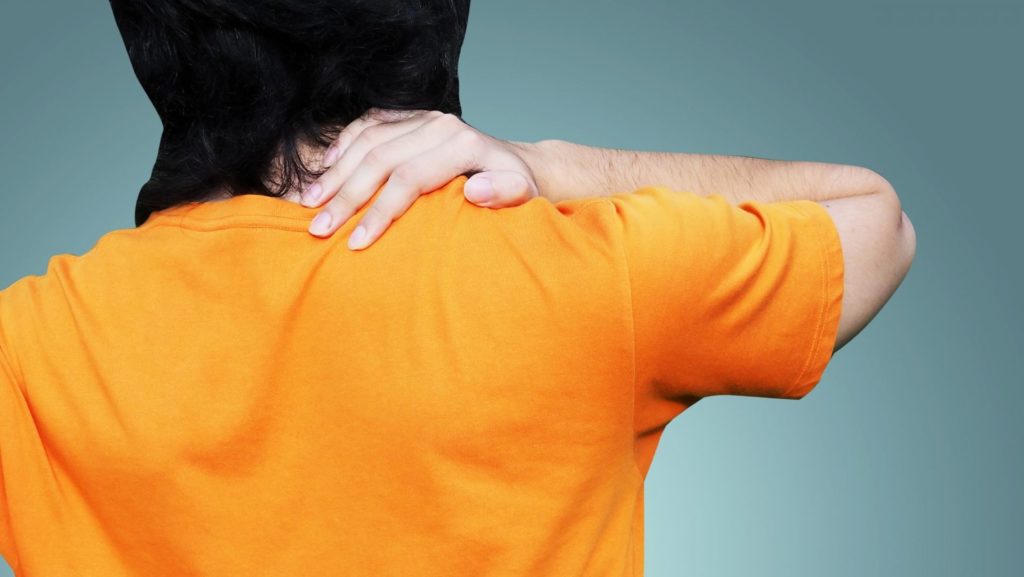How CBD Can Help Reduce Stress
Daily stress has a detrimental impact on mental health. It is considered the most common cause of illness in the United States, possibly resulting in “as many as 70% of all visits to family doctors.” Stress is actually caused by the survival instinct or the fight-or-flight response when put under pressure or when a demand is made upon the body.
As a result of stress, the body increases the production of adrenaline, a stimulating neurotransmitter, which leads to an increase in a hormone known as cortisol. This creates a response in the sympathetic nervous system, which includes a rise in heart rate and blood pressure (to get more blood to the muscles, brain and heart), faster breathing (to take in more oxygen), tensing of muscles (preparation for action), heightening of mental alertness and sensitivity of sense organs (to assess the situation and act quickly), as well as an increase of blood flow to the brain, heart and muscles (the organs that are most important in dealing with danger).
At the same time, there is a decrease in the parasympathetic nervous system, which means less blood to the skin, digestive tract, kidneys and liver (where it is not needed in times of crisis). In addition, there is an increase in blood sugar, fats, and cholesterol (for extra energy) and a rise in platelets and blood clotting factors (to prevent hemorrhage in case of injury).
Once the stress ends, the body will try to restore balance and return to normal functioning. However, if stress is chronic this restoration cannot occur. Over time it can make a person feel fatigued instead of energized.
There are several disorders directly related to stress such as anxiety, high blood pressure, headaches, depression, weakened immune system, insomnia, impotence, diarrhea, change in appetite, and fatigue.
Stress and Cannabis
NOTE FOR FIRST TIME READERS: Cannabinoids – such as THC, cannabidiol or CBD – and terpenes are the main medically active components in cannabis (aka marijuana). For more information on these components, and much more about the plant, see our section on the Science of Cannabis.
Medical marijuana or medical cannabis is ideally suited to treat many of the symptoms of stress and is an effective remedy for most of the disorders listed above. Cannabinoids affect many biological processes including appetite regulation, pain (including headaches), reduce anxiety, mood, sleep, and blood pressure. We know that the endocannabinoid system in the human body affects hormone regulation. One study looked at anandamide, an endocannabinoid that animals and humans make in response to stress. When anandamide remains in the system longer, it acts as an anxiety reliever and antidepressant.
Human studies have shown variable health benefits of cannabis and cannabinoids on the HPA axis (hypothalamic-pituitary-adrenal axis). Similar to the effects in animals, increased cortisol levels have been reported after acute administration of cannabis.
In contrast to these findings, when chronic users of cannabis products were observed in a study there was no change in the natural rhythm of secretion of cortisol (the body’s stress management hormone). At socially relevant doses, Δ-9-THC raised cortisol levels in a dose-dependent manner but frequent users showed blunted increases relative to healthy controls.
Relaxation is the key to stress management and should guide the approach to cannabis therapy. Strain selection is an important aspect of treating the various symptoms of stress. Often the need for relaxation is coupled with “burn-out” and fatigue.
How to Use CBD Products To Reduce Stress
In stress management, relaxation is often helpful, so hybrid strains of cannabis that contain the terpene linalool (lavender-floral aroma) are good to smoke or vaporize. THC itself is somewhat stimulating, but Sativa strains might be too stimulating.
In considering edibles or tinctures, a CBD/THC 1:1 product hits all the bases, stimulating, relaxing, not too psychoactive, not too sedating. The choice of strain, THC content, dosage, really depends on your symptoms, whether you’re “wired” or “burned out.” You may end up choosing 2 products. One for daytime use, with less psychoactivity, and one for evening/night use, that may have more THC, such as an indica.



